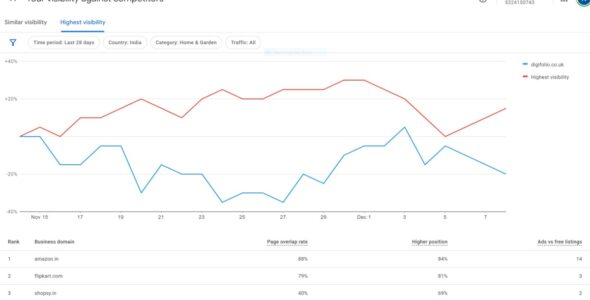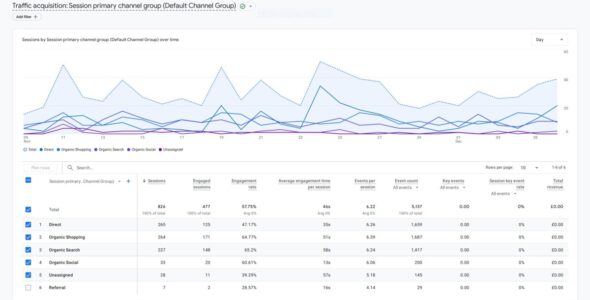Data-Driven Decision Making: Empowering Real Estate Professionals
In today’s data-driven world, real estate professionals are increasingly relying on data to inform their decision-making processes. The availability of vast amounts of real estate data, combined with advanced analytics tools, has empowered professionals to make informed and strategic choices. In this article, we will explore the significance of data-driven decision making in the real estate industry, its benefits, and how professionals can leverage data to gain a competitive advantage.

1. The Power of Data in Real Estate:
Data has become a valuable asset in the real estate industry, providing valuable insights into market trends, property performance, customer behavior, and investment opportunities. From demographic data to transaction histories, real estate professionals have access to a wide range of data sources that can drive better decision making.
2. Identifying Market Trends and Opportunities:
Data-driven decision making enables real estate professionals to identify emerging market trends and investment opportunities. By analyzing historical data and current market indicators, professionals can pinpoint areas with high growth potential, predict shifts in demand, and make proactive investment decisions.
3. Assessing Property Performance and Valuation:
Real estate data analytics helps in evaluating the performance of properties. Metrics such as rental yields, occupancy rates, and property appreciation trends can be analyzed to determine the profitability and long-term viability of real estate investments.
4. Understanding Customer Preferences:
Data-driven decision making allows real estate professionals to gain a deeper understanding of customer preferences. By analyzing customer data, professionals can identify patterns in buyer behavior, preferences for certain property features, and price points that attract the most interest.
5. Mitigating Risks and Uncertainties:
Data-driven decision making enables professionals to assess and mitigate risks associated with real estate investments. Through data analysis, professionals can identify potential risks and take proactive measures to minimize their impact.
6. Leveraging Predictive Analytics:
Predictive analytics is a powerful tool for real estate professionals. By using historical data and machine learning algorithms, predictive analytics can forecast property prices, rental demand, and market trends, helping professionals make more accurate and forward-looking decisions.

7. Enhancing Client Engagement:
Data-driven insights can also be shared with clients to enhance their understanding and engagement. Clients are more likely to trust professionals who can provide data-backed recommendations and demonstrate a thorough understanding of the market dynamics.
8. Embracing Technology for Data Analysis:
Real estate professionals can leverage various technology tools to analyze data efficiently. From business intelligence platforms to real-time market data aggregators, technology streamlines the data analysis process and enables professionals to access relevant information quickly.
Conclusion:
Data-driven decision making has become a game-changer for real estate professionals, empowering them to make more informed, strategic, and confident choices. By harnessing the power of data, real estate professionals can identify market trends, assess property performance, understand customer preferences, and mitigate risks. Embracing data-driven practices and leveraging technology for data analysis will be critical for professionals to stay competitive in an ever-evolving real estate landscape. With data as their guiding compass, real estate professionals can navigate the complexities of the market and unlock new opportunities for success.





